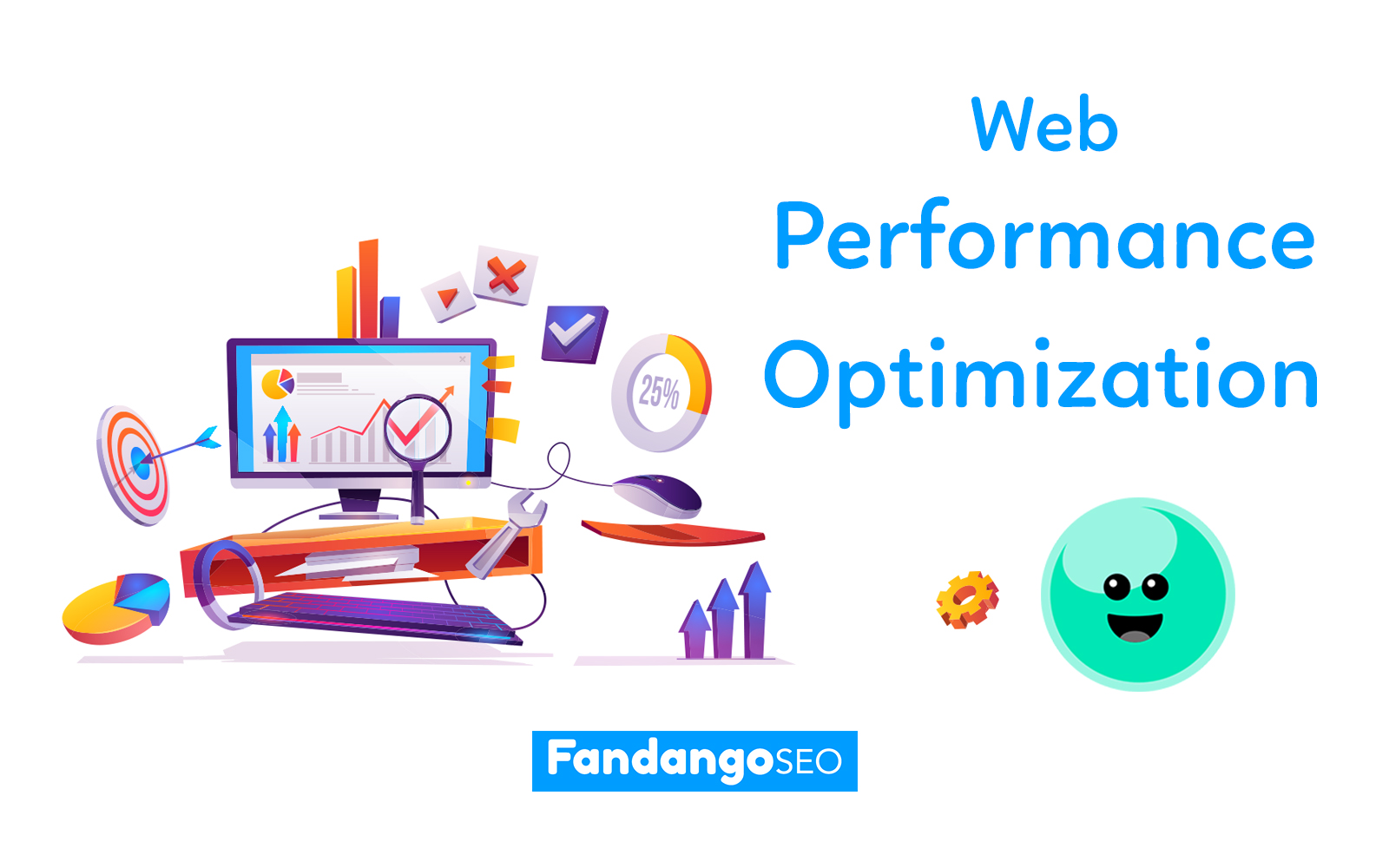CCJ In Heng Insights
Explore the latest trends and insights across diverse topics.
Speed Demons: How to Turn Your Website into a Racecar
Rev up your site’s speed! Discover insider tips to transform your website into a racecar and leave competitors in the dust.
5 Essential Tips to Accelerate Your Website's Performance
Optimizing your website's performance is crucial for enhancing user experience and improving your search engine rankings. Here are 5 essential tips to consider:
- Optimize Images: Large image files can significantly slow down your website. Use tools to compress your images without sacrificing quality, and consider using modern formats like WebP for better performance.
- Leverage Browser Caching: By enabling caching, you allow users' browsers to store certain files, which reduces load times on return visits. This can greatly enhance your website's overall speed.
Additionally, consider these final three tips for a robust website performance:
- Minimize HTTP Requests: Each element on a page requires a request to the server. Reduce HTTP requests by limiting the number of elements on a page, combining files, and using CSS sprites.
- Use a Content Delivery Network (CDN): A CDN can distribute your website's content globally, ensuring faster loading times for users no matter their location. This can significantly boost your site's accessibility and speed.
- Regularly Monitor and Optimize Performance: Utilize tools like Google PageSpeed Insights or GTmetrix to regularly check your website's performance and identify areas for improvement.

How Website Speed Impacts User Experience and SEO
The speed of a website plays a crucial role in shaping user experience, as it directly affects how quickly visitors can access content and navigate through the site. A slow-loading website can lead to frustration, causing users to abandon the page before it fully loads. Studies have shown that website speed is a key factor in retaining visitors; even a delay of just a few seconds can significantly increase bounce rates. As a result, ensuring that your website performs optimally is not only essential for satisfying users, but it also cultivates a positive perception of your brand.
In addition to enhancing user experience, website speed has a direct impact on SEO rankings. Search engines like Google prioritize fast-loading websites, as they provide a better experience for users. Fast websites tend to have lower bounce rates, higher engagement, and greater conversion rates—all factors that search engines consider when determining rankings. For webmasters looking to improve their site's performance, optimizing loading times through efficient coding practices, image compression, and leveraging browser caching can yield substantial benefits for both SEO and user satisfaction.
Is Your Site a Speed Demon? Tools to Analyze and Optimize Loading Times
In today's digital landscape, site speed is crucial for user experience and SEO ranking. A slow-loading website can lead to higher bounce rates and decreased visitor satisfaction, making it essential to regularly evaluate your site's performance. Several tools can help you analyze loading times, such as Google PageSpeed Insights, GTmetrix, and Pingdom. These tools not only provide you with loading time metrics but also offer actionable insights on how to optimize your website effectively.
Once you've identified the areas for improvement, consider implementing strategies such as optimizing images, minimizing HTTP requests, and utilizing browser caching. Additionally, using a content delivery network (CDN) can significantly enhance loading times by distributing your content across multiple servers worldwide. Remember, keeping your plugins and themes updated is also vital in maintaining a speed demon site. Regularly monitoring your site’s speed and implementing these optimizations will ensure that your website remains fast and user-friendly.